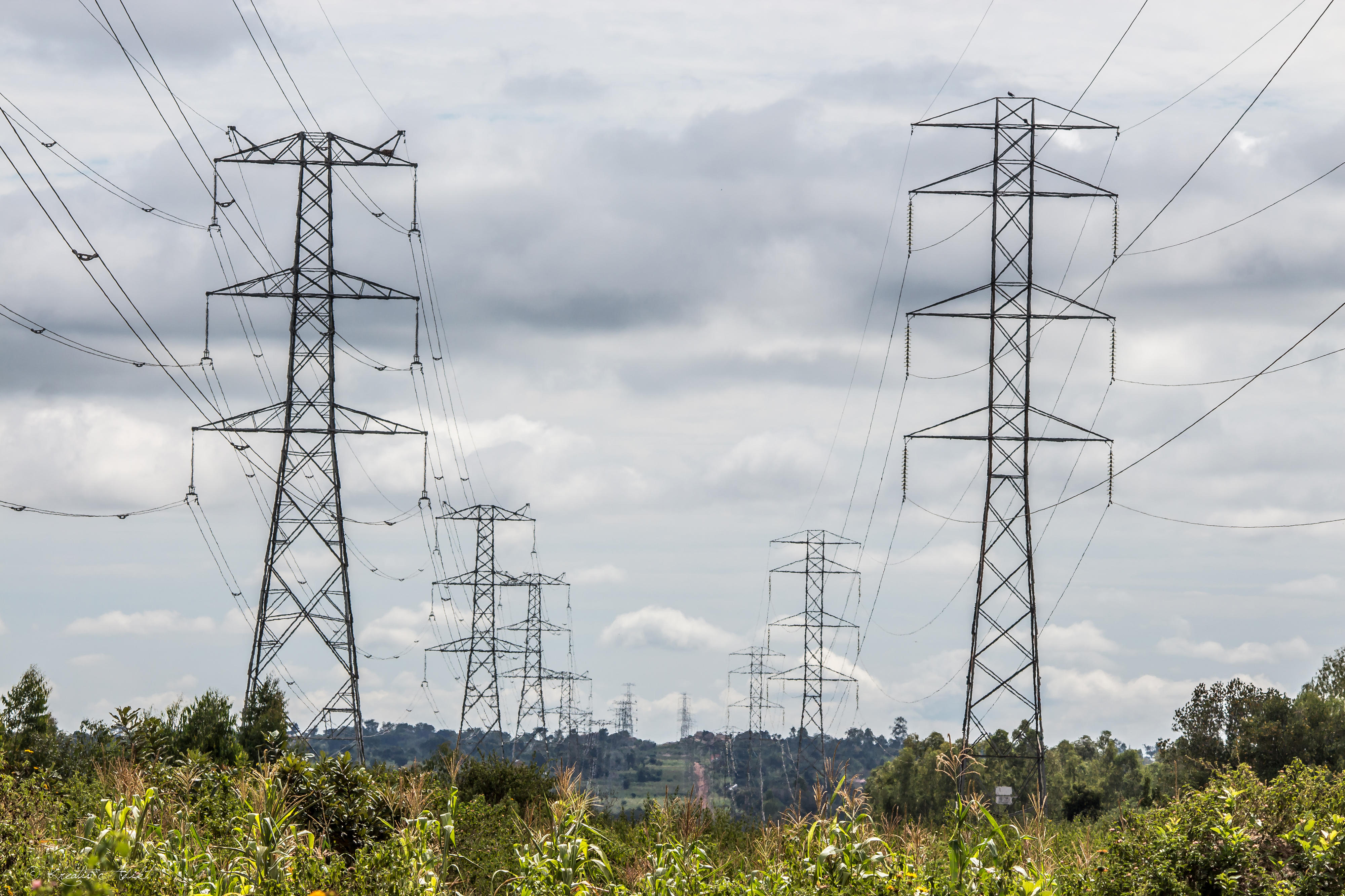Prime
Umeme shareholders eye Shs1 trillion payout

A Umeme employee checks a meter. Umeme shareholders are staring at $310m (Shs1.1 trillion) payout from the government.PHOTO/FILE
What you need to know:
- The money is a result of investments made by Umeme in the country.
Umeme shareholders are staring at $310m (Shs1.1 trillion) payout from the government in the early months of 2025 when their 20 years concession comes to its natural end.
By then, it is hoped that Uganda National Electricity Company (UNEC) will be up and running to inherit and operate the distribution network pending thrashing out of the proposed Public Private Partnership deal.
UNEC is the new proposed utility company from the merger of Uganda Electricity Generation Company Limited (UEGCL), Uganda Electricity Transmission Company Limited (UETCL), and Uganda Electricity Distribution Company Ltd (UEDCL). UNEC’s trial run is ambitiously expected to start in June.
The $310m figure, sources told Daily Monitor, is detailed in Umeme’s books of account as the buyout from the government. The Ministry of Energy on the other hand is projecting $200m (Shs732b) as the pay to Umeme.
The exact buyout amount will, however, be established by the final compliance audit by the Auditor General’s office. The buyout amount is as a result of investments made by Umeme and approved by the power regulator, Electricity Regulatory Authority.
Umeme says has invested $750m (Shs2.7 trillion) over the last 17 years and it is safe to say they have recovered the money on an ongoing basis but the buyout is a clause locked in the concession.
Accordingly, the Ministry of Energy has since directed the company to halt any new investments in order to keep the buyout figure within a reasonable range.
Sources further intimated that there is a great expectation among Umeme shareholders for the payout. As such some shareholders were not even sold on the idea of the company’s management lobbying for the renewal of the lease and assignment agreement.
The notification of the non-extension of the concession last year has remarkably kept the company’s trading at the stock exchange buoyant. The Umeme counter dominated activity for the months November to December last year accounting for 75.78 percent of the total turnover. During the period Umeme registered the highest volume of shares with 53.14 percent.
The chief executive officer of Uganda Securities Exchange (USE), Mr Paul Biwso, told Monitor yesterday the company’s share prices started going—currently trading at Shs300 per share—when news of the non-renewal of the concession became public.
“Some shareholders decided to sell off their shares but that does not mean that the company’s activities at the USE is winding up,” Mr Bwiso said. Asked whether the share prices will continue to rise, he said: “We don’t expect Umeme prices to continue rising because it has reached the highest level of Shs300, which it cannot rise again in the short run.”
USE expects the company to continue to trade on the stock exchange until March 25 2025. Investors in the market are now waiting for the company’s full-year—2022—performance after which the company will be focusing most on paying dividends to the shareholders.
Financial highlights during the first half of 2022 show improved revenue collections from power sales increasing by 3.2 percent Shs 876.4b compared to Shs849.2b in 2021. Total electricity sales increased by nine percent to 1,875 Gigawatt hours (GWh) amid a reduction in energy losses to 17.1 percent as compared to 17.9 percent for 2021.
Meanwhile, inside Umeme the pressure timer is ticking away first to deliver on the pending workload including the World Bank-funded $400m Electricity Access Scale-up (EASP) Project aimed at among others delivering 1.3 million last mile connections on both the grid and off-grid and expand the electricity network.
Sources revealed that the World Bank is pushing the company to urgently deliver on its share of the EASP amounting to $200m out of fear it will be bungled up once inherited by UNEC.
Umeme’s shortcomings notwithstanding there is mixed reactions on the company’s performance over the last 17 years. Questions abound about how far UNEC will go to do better in light of the clumsy way of doing things seeping across government.




